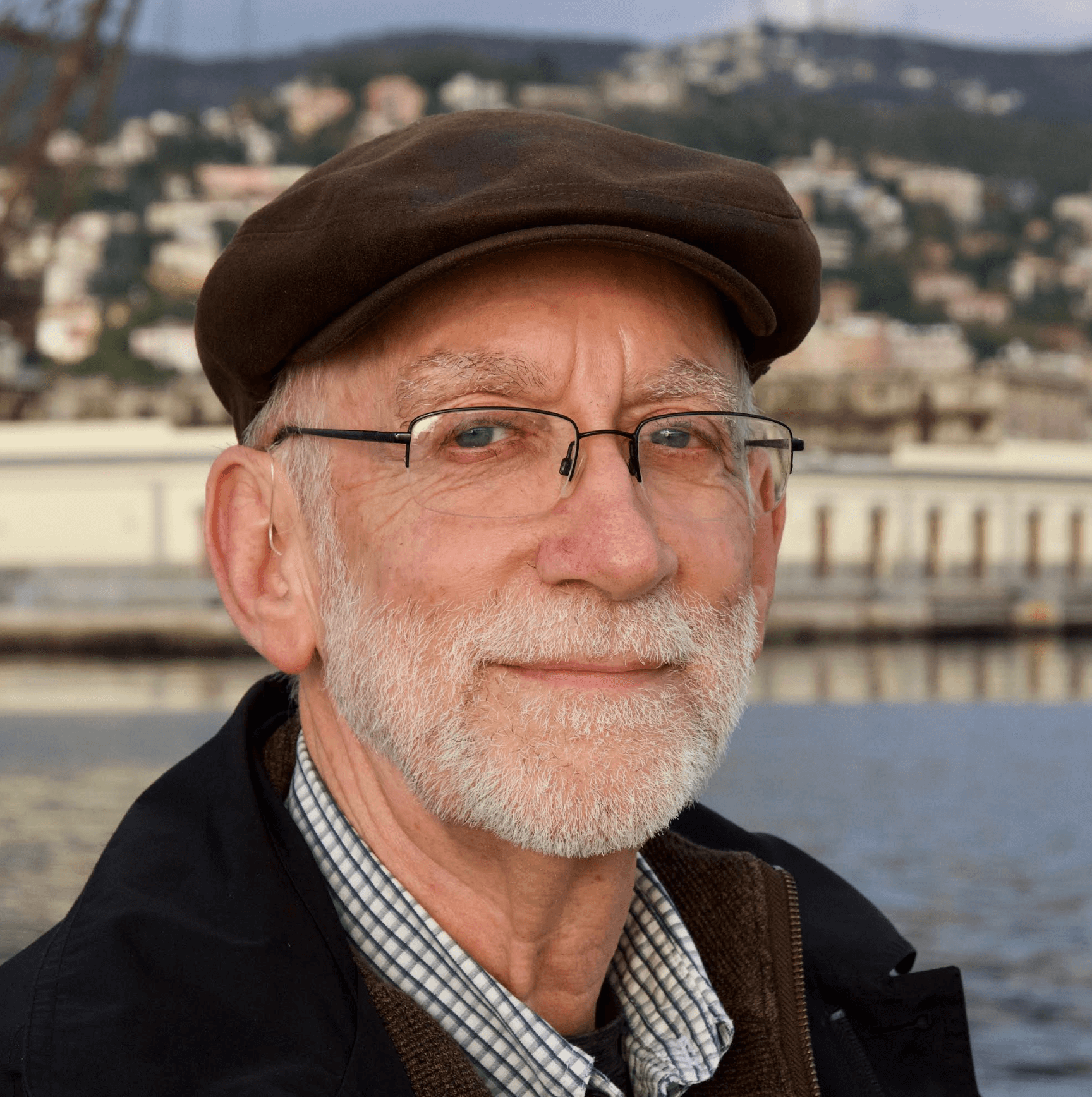From Conflict to Connection: Exploring Restorative Justice at the Barns of Rose Hill
Date: Wednesday, November 19, 2025
Time: Doors open 5:30 PM; Program 6:00 PM
Location: Barns of Rose Hill, Berryville, VA
Registration: Free, encouraged (Register Here)
An Evening of Dialogue and Discovery
Join my friends, colleagues, neighbors, and community as we move into a space where our conversation about justice will expand beyond laws and punishment. A space where connection, accountability, and healing take center stage. That’s the vision behind From Conflict to Connection: A Dialogue on Restorative Justice, hosted at the historic Barns of Rose Hill. This free event invites attendees to explore how restorative justice principles can transform not only legal systems but also relationships, communities, and daily life.
I will be joined by my former professor and mentor, Howard Zehr. Howard is a great friend, but also known as a scholar, practitioner, and photographer, widely regarded as the “grandfather of restorative justice.”
Whether you’re a legal professional, educator, community leader, or simply curious about alternatives to traditional punitive justice, this evening promises meaningful dialogue, personal reflection, and actionable insights.
Who is Howard Zehr?
Howard Zehr is an early adopter of restorative justice in the United States. He is a scholar-practitioner who has spent decades reshaping our understanding of wrongdoing, crime, conflict, and repair. His approach asks us to look beyond the offense itself and ask critical questions:
Who was harmed?
What are their needs?
How can relationships be repaired?
How can accountability and healing coexist?
Education and Career
Zehr earned his B.A. from Morehouse College in 1966, becoming one of the first white students at this historically Black institution.
He holds an M.A. from the University of Chicago and a Ph.D. from Rutgers University, grounding his work in rigorous social science and ethics.
In the late 1970s, Zehr helped launch the first victim-offender reconciliation programs in the United States and has since consulted internationally in more than 25 countries and 35 U.S. states.
His books, including Changing Lenses: A New Focus for Crime and Justice and The Little Book of Restorative Justice, have shaped generations of practitioners, scholars, and policymakers.
Photography as a Lens on Justice
Zehr has also enjoyed success as a visual storyteller. His photography explores many of the same themes central to restorative justice: identity, accountability, change, and human dignity.
Documentary Portraiture: Zehr’s photography includes projects like Doing Life: Reflections of Men and Women Serving Life Sentences and its follow-up, Still Doing Life, revisiting individuals decades later to explore change, aging, and hope.
Visual Metaphor for Justice: In interviews, Zehr has described photography as a way to “see one another as persons…build bridges…encounter real people rather than symbols and stereotypes.”
International Work: His photographic work spans North America and beyond, documenting stories that provoke reflection and foster dialogue.
Howard Zehr’s photos in Becoming a Restorative Lawyer—quiet landscapes, trees, and paths—invite readers into a reflective space. Each image serves as a metaphor for the themes explored in the chapters, such as resilience, choice, and renewal. They slow the reader down, encouraging the kind of attentive, contemplative mindset that restorative lawyering asks for: noticing context, seeing relationships, and pausing to understand the deeper story behind each conflict.
Event Highlights
Insights: Join me as we explore how legal practitioners can shift from adversarial to relational models, applying restorative principles to law and practice.
Howard Zehr’s Presentation: Engage with Zehr’s restorative philosophy through dialogue and photography, exploring real stories of harm, repair, and transformation.
Interactive Q&A: Attendees are encouraged to engage in reflection, ask questions, and connect with both speakers and fellow participants.
Networking in a Historic Setting: The Barns of Rose Hill provide an inspiring backdrop for conversation and connection.
Restorative Justice can transform the way we think about harm and healing.
Restorative justice challenges us to rethink how we respond to harm. Traditional systems often leave victims, communities, and even offenders trapped in cycles of punishment without repair. Zehr’s approach emphasizes accountability, empathy, and human connection, asking us to consider:
How can harm be addressed constructively?
How can communities play a role in healing?
What does it mean to truly see the person behind the offense?
By combining scholarship, practice, and photography, Zehr illustrates that justice is not only about rules — it’s about relationships. His visual storytelling reminds us that every case, every conflict, every crime involves real people with complex lives and stories.
Practical Information
Date & Time: Wednesday, November 19, 2025; Doors 5:30 PM, Program 6:00 PM
Location: Barns of Rose Hill, 95 Chalmers Court, Berryville, VA 22611
Registration: Free; RSVP recommended (Register Here)
Audience: Open to anyone interested in restorative justice, law, community building, or photography
Bring curiosity, an open mind, and a readiness to engage in meaningful dialogue. This event is as much about reflection and human connection as it is about learning.
Closing Thoughts
From Conflict to Connection is not a lecture; it’s an invitation. Together, we will explore how justice can create opportunities for restoration, empathy, and community. In a world where harm can easily be dehumanized or abstracted, this event encourages us to pause, connect, and imagine new ways of living together. For those ready to explore restorative justice, this evening at the Barns of Rose Hill is a rare opportunity to witness theory, practice, and visual storytelling converge in a deeply human way.


